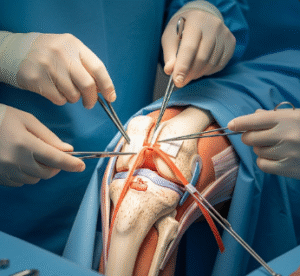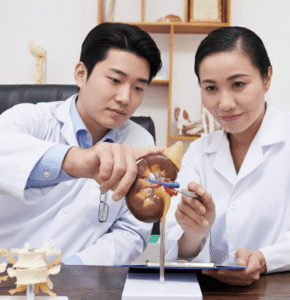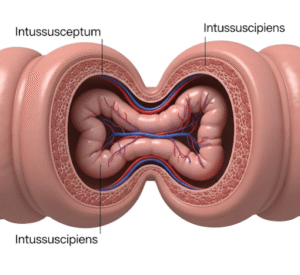treated. In South Korea, advanced diagnostics, antibiotics, and cardiac care are available to manage endocarditis effectively.
What is Endocarditis?
Endocarditis occurs when bacteria, fungi, or other microorganisms enter the bloodstream and attach to the heart lining or valves. It is commonly associated with damaged heart valves, prosthetic valves, congenital heart defects, or intravenous drug use. The condition can be acute, developing rapidly with severe symptoms, or subacute, with a slower onset.
Symptoms
- Fever and chills
- Fatigue and weakness
- Heart murmurs (new or changed)
- Shortness of breath
- Swelling in feet, legs, or abdomen
- Night sweats
- Persistent cough
- Pain in joints or muscles
- Small red or purple spots on skin, under nails, or in eyes (petechiae)
Causes
- Bacterial infections: Most common, including Staphylococcus aureus, Streptococcus viridans, and Enterococcus species
- Fungal infections: Less common, usually in immunocompromised patients
- Other microorganisms: Rare cases caused by Gram-negative bacteria or atypical organisms
- Risk factors: Prior heart conditions, prosthetic valves, intravenous drug use, invasive medical procedures
Risk Factors
- Pre-existing heart valve disease or congenital heart defects
- Prosthetic heart valves or prior valve surgery
- History of endocarditis
- Intravenous drug use
- Poor dental hygiene or recent dental procedures
- Immunosuppressed individuals (e.g., organ transplant recipients, chemotherapy patients)
Complications
- Heart valve damage and heart failure
- Stroke or transient ischemic attacks (TIA) due to emboli
- Infection spread to other organs (kidneys, spleen, brain)
- Septicemia (blood infection)
- Formation of abscesses in the heart or surrounding tissue
Prevention
- Good oral hygiene and regular dental care
- Antibiotic prophylaxis before certain dental or surgical procedures for high-risk patients
- Avoiding intravenous drug use
- Prompt treatment of infections elsewhere in the body
Treatment Options in Korea
South Korea provides comprehensive care for endocarditis with advanced hospital facilities:
- Diagnosis
- Blood cultures to identify the causative organism
- Echocardiography (transthoracic or transesophageal) to detect vegetations or valve damage
- MRI or CT if complications are suspected
- Laboratory tests to assess inflammation and organ function
- Medication
- Intravenous antibiotics, typically for 4–6 weeks, tailored to the identified pathogen
- Antifungal therapy for fungal endocarditis
- Supportive medications for heart function or to manage complications
- Surgical Intervention
- Valve repair or replacement if the infection causes severe damage or heart failure
- Removal of infected tissue in complicated cases
- Supportive Care
- Monitoring in hospital settings for signs of heart failure or sepsis
- Nutritional and rehabilitation support for prolonged recovery
- Hospitals and Clinics
Major centers offer multidisciplinary care, involving cardiologists, infectious disease specialists, and cardiac surgeons.













